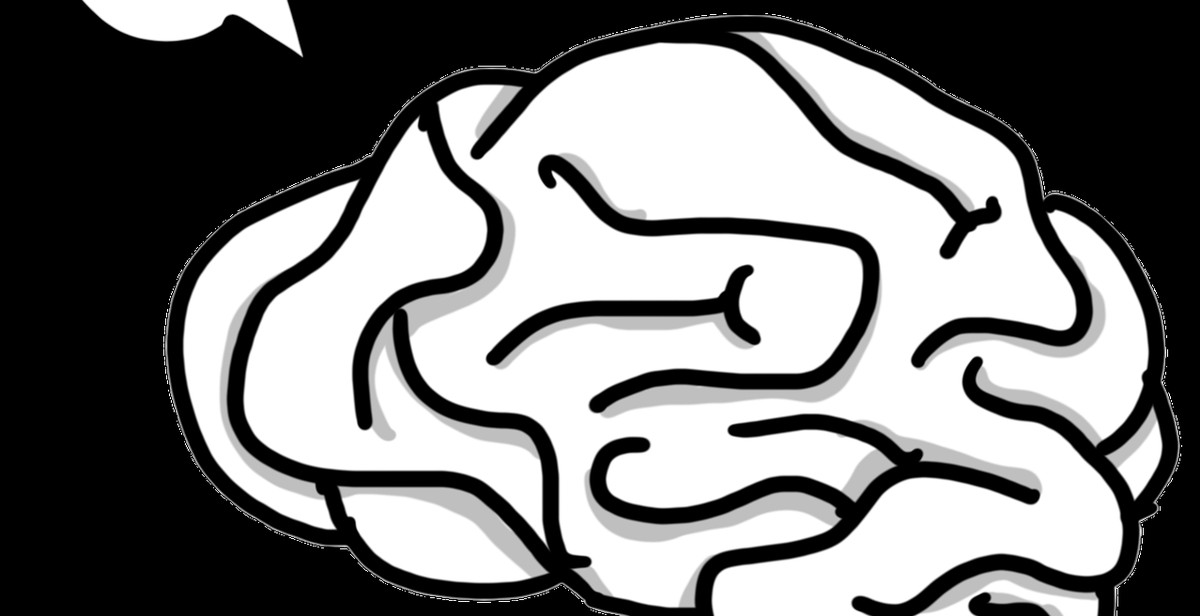The Science of Love: What Research Tells Us About Romance
Love is a universal feeling that has fascinated humans for centuries. It is a complex emotion that can be difficult to define and understand. However, through extensive research in the field of psychology, we have gained valuable insights into the science of love and what it tells us about romance.
The Importance of Love
Love plays a crucial role in our lives, affecting our mental, emotional, and physical well-being. It is a fundamental human need that provides us with a sense of connection, security, and happiness. In fact, studies have shown that people in loving relationships are more likely to live longer, have lower stress levels, and experience better overall health.
The Different Types of Love
There are many different types of love, including romantic love, familial love, and platonic love. Each type of love is characterized by unique emotions, behaviors, and motivations. For example, romantic love is often associated with feelings of passion and intimacy, while familial love is based on a sense of obligation and commitment.
The Science of Love
Researchers have used various methods to study the science of love, including brain imaging, surveys, and experiments. Through these studies, we have gained insights into the biological, psychological, and social factors that influence our romantic relationships. We have learned about the role of hormones like oxytocin and dopamine in romantic attraction, the importance of communication and empathy in maintaining healthy relationships, and much more.
By understanding the science of love, we can gain valuable insights into our own romantic relationships and improve our ability to connect with others on a deeper level.
The Chemistry of Love
Love is often described as a feeling of intense emotion and affection towards someone. However, there is a lot more to love than just feelings. Love is actually a complex chemical process that involves a number of hormones and neurotransmitters in the brain.
The Role of Hormones
One of the key hormones involved in love is dopamine. This hormone is responsible for feelings of pleasure and reward, and it is released in the brain when we experience something that feels good, such as spending time with a loved one. Another hormone that plays a role in love is oxytocin. This hormone is often called the “cuddle hormone” because it is released during physical touch and intimacy. It helps to create feelings of closeness and bonding between partners.
Another hormone that is important in love is serotonin. This hormone is responsible for regulating mood and is often associated with feelings of happiness and well-being. When we are in love, the levels of serotonin in our brain increase, which can contribute to feelings of euphoria and happiness.
The Importance of Physical Attraction
Physical attraction is also an important part of love. When we are physically attracted to someone, our brain releases a hormone called testosterone. This hormone is responsible for increasing our sex drive and can contribute to feelings of desire and passion.
Physical attraction is also linked to the release of dopamine in the brain. When we see someone we are attracted to, our brain releases dopamine, which can create feelings of excitement and anticipation.
Overall, the chemistry of love is a complex and fascinating process that involves a number of hormones and neurotransmitters in the brain. Understanding the role of these chemicals can help us to better understand the nature of love and the feelings that come with it.
The Psychology of Love
Love is a complex emotion that has been studied extensively by psychologists. One of the most influential theories in the field of love psychology is the Attachment Theory, which was first proposed by John Bowlby in the 1950s. According to this theory, humans have an innate need to form attachments with others, particularly in infancy, as a means of survival. These early attachments can shape an individual’s attachment style and affect their romantic relationships throughout their life.
Research has shown that individuals with a secure attachment style tend to have more stable and satisfying relationships, while those with an insecure attachment style may struggle with trust, intimacy, and communication in their romantic relationships. Understanding your own attachment style and that of your partner can help improve the quality of your relationship.
The Power of Emotions
Emotions play a crucial role in romantic relationships. According to research, emotions such as love, passion, and desire activate the brain’s reward system, leading to feelings of pleasure and motivation to pursue the relationship. However, negative emotions such as jealousy, anger, and fear can also be powerful and can negatively affect the relationship if not managed properly.
It is important to cultivate emotional intelligence in relationships, which involves being aware of and managing one’s own emotions as well as being attuned to and empathetic towards your partner’s emotions. Effective communication, active listening, and conflict resolution skills can also help navigate the ups and downs of emotions in relationships.
In summary,
- The Attachment Theory suggests that early attachments can shape an individual’s attachment style and affect their romantic relationships throughout their life.
- Understanding your own attachment style and that of your partner can help improve the quality of your relationship.
- Emotions such as love, passion, and desire activate the brain’s reward system, while negative emotions can negatively affect the relationship if not managed properly.
- Cultivating emotional intelligence and effective communication skills can help navigate the ups and downs of emotions in relationships.
| Attachment Style | Traits |
|---|---|
| Secure | Comfortable with intimacy and autonomy, able to communicate effectively, trust and feel trusted. |
| Anxious-Preoccupied | Seek closeness but worry about rejection, tend to be overly dependent and jealous. |
| Dismissive-Avoidant | Emotionally distant, value independence over intimacy, tend to suppress emotions and avoid commitment. |
| Fearful-Avoidant | Desire intimacy but fear rejection and abandonment, may have a history of trauma or abuse. |

The Neuroscience of Love
Love is a complex emotion that involves a variety of brain regions and chemical reactions. The neuroscience of love has been the subject of extensive research in recent years, shedding light on the ways in which our brains respond to romantic attraction and attachment.
The Brain in Love
When we fall in love, our brains release a variety of chemicals that contribute to feelings of pleasure, attachment, and bonding. One of the primary chemicals involved in romantic attraction is dopamine, which is associated with feelings of pleasure and reward. When we are attracted to someone, our brains release dopamine, leading to a rush of positive emotions.
Another important chemical involved in love is oxytocin, which is sometimes called the “cuddle hormone.” Oxytocin is released during physical touch, including hugging and kissing, and is associated with feelings of attachment and bonding. When we are in love, our brains release oxytocin, strengthening the emotional bond between partners.
The Effects of Love on the Brain
Research has shown that being in love can have a variety of effects on the brain. For example, studies have found that people in love have increased activity in the brain region associated with reward and motivation, as well as decreased activity in the brain region associated with negative emotions such as fear and anxiety.
Love can also have an impact on our perception of pain. Studies have found that people in love have higher pain thresholds than those who are not in love, potentially due to the release of endorphins during positive emotional experiences.
Overall, the neuroscience of love is a fascinating area of research that sheds light on the complex interplay between our brains and emotions. By understanding the biological underpinnings of romantic attraction and attachment, we can gain insight into the ways in which love shapes our thoughts, feelings, and behaviors.
The Evolutionary Perspective
Love is a complex emotion that has been studied by scientists for decades. According to the evolutionary perspective, the purpose of love is to ensure survival and reproduction. In other words, love is a biological mechanism that helps us find a suitable mate and pass on our genes to the next generation.
The Role of Evolution
Evolutionary psychologists believe that our preferences in a partner are shaped by our evolutionary history. For example, men are attracted to women who are physically attractive and have a youthful appearance because these traits are associated with fertility and the ability to bear healthy offspring. Women, on the other hand, are attracted to men who have resources and can provide for them and their children.
Research has also shown that love and attachment are linked to the hormone oxytocin, which is released during physical touch and sexual activity. Oxytocin is believed to play a role in bonding between partners and in the formation of social bonds in general.
However, the evolutionary perspective on love has been criticized for being too simplistic and not taking into account the complexities of human relationships. For example, it does not explain why people stay in long-term relationships even after their reproductive years are over.
The Purpose of Love
Despite its limitations, the evolutionary perspective provides valuable insights into the purpose of love. It suggests that love is not just a romantic notion, but a biological mechanism that has evolved over millions of years to ensure the survival and reproduction of our species.
Understanding the evolutionary perspective on love can help us make sense of our own romantic experiences and relationships. It can also help us appreciate the complexity and beauty of this universal human emotion.

Conclusion
The science of love is a complex and fascinating subject that has been studied extensively by researchers around the world. From the initial stages of attraction and infatuation to the long-term commitment of a healthy relationship, there are many factors that play a role in the development and maintenance of romantic love.
Through decades of research, we have gained valuable insights into the psychological, biological, and social aspects of love. We now know that love is not just an emotion, but a complex interplay of cognitive, emotional, and behavioral processes that involve multiple brain regions and neurotransmitters.
Despite the many challenges and obstacles that couples may face in their relationships, research has shown that love can endure and even thrive over time. By understanding the science of love and applying this knowledge in our own lives, we can build stronger and more fulfilling relationships that can withstand the test of time.
Whether you are single and looking for love, or in a committed relationship, the science of love offers valuable insights and practical advice for navigating the complex world of romance. By staying informed and open to new ideas, we can all learn to love more deeply and enjoy the many benefits that come with a healthy and fulfilling relationship.
